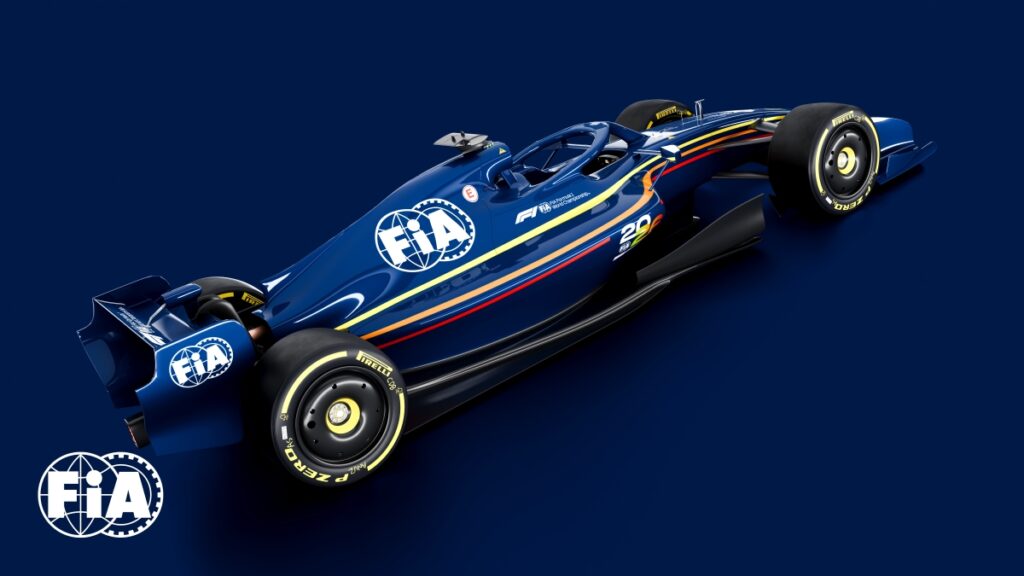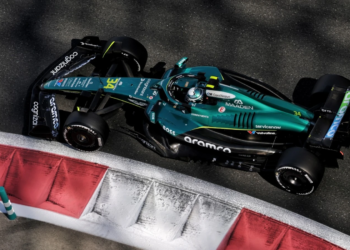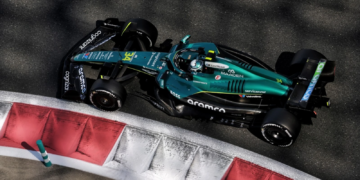Max Verstappen has argued more drastic weight reduction is needed from the 2026 Formula 1 regulations, citing that “at least 100-150kg” needs taking out of the cars to improve racing.
The draft 2026 regulations for the F1 chassis and aerodynamics were released ahead of the Canadian Grand Prix in Montreal.
With a 200mm shorter wheelbase and 100mm off of the width of the cars, the FIA is also targeting a 30kg weight reduction.
These changes are in a bid to improve the racing spectacle in F1, but Verstappen believes more is needed.
“You need at least 100-150kg,” the Dutchman told Motorsport.com.
“At the moment with how everything is, for sure it’s not possible. But that is also to do with the engine, right?
“Engine and battery related – it’s very heavy and long, wide.
“At the moment it’s wishful thinking but that is definitely what we need, to make it more agile and probably a bit more fun.
“Safety added a lot of weight, which of course, is good but I’m sure that we can do things a little bit differently. It depends on the regulations that you write.”
A 150kg weight reduction would take F1 back to the minimum weight of the pre-hybrid era of 2013, highlighting just how “wishful” the Dutchman’s thinking is.
Verstappen is even sceptical as to whether the planned 30kg reduction can even be achieved, given that he judges teams under the current regulations are still overweight.

“It’s gonna be very tough with how everything is, but let’s see,” he said.
“I mean, even now, some teams are overweight, right?
“So, to go even 30 kilos less – of course, I know that the dimensions change a little bit, but I’m not sure that 30 kilos will be the perfect scenario.”
One of the limiting factors regarding the weight of the 2026 F1 cars is the increased hybridisation.
The 2026 power units will see an equal reliance on the internal combustion engine and the electric component.
As a result of the extra reliance on electrification, more batteries will be required to generate the extra power and batteries equal weight.
Still, despite concerns, the FIA remains confident that the planned weight reduction is “a feasible target.”
FIA Single Seater Director Nikolas Tombazis said: “we’ve got a range of areas where we know weight will go up. And we’ve got a range of areas where we know weight will go down.
“And what we have as a target is based on a challenging, but what we feel is [a] feasible target.”










Discussion about this post